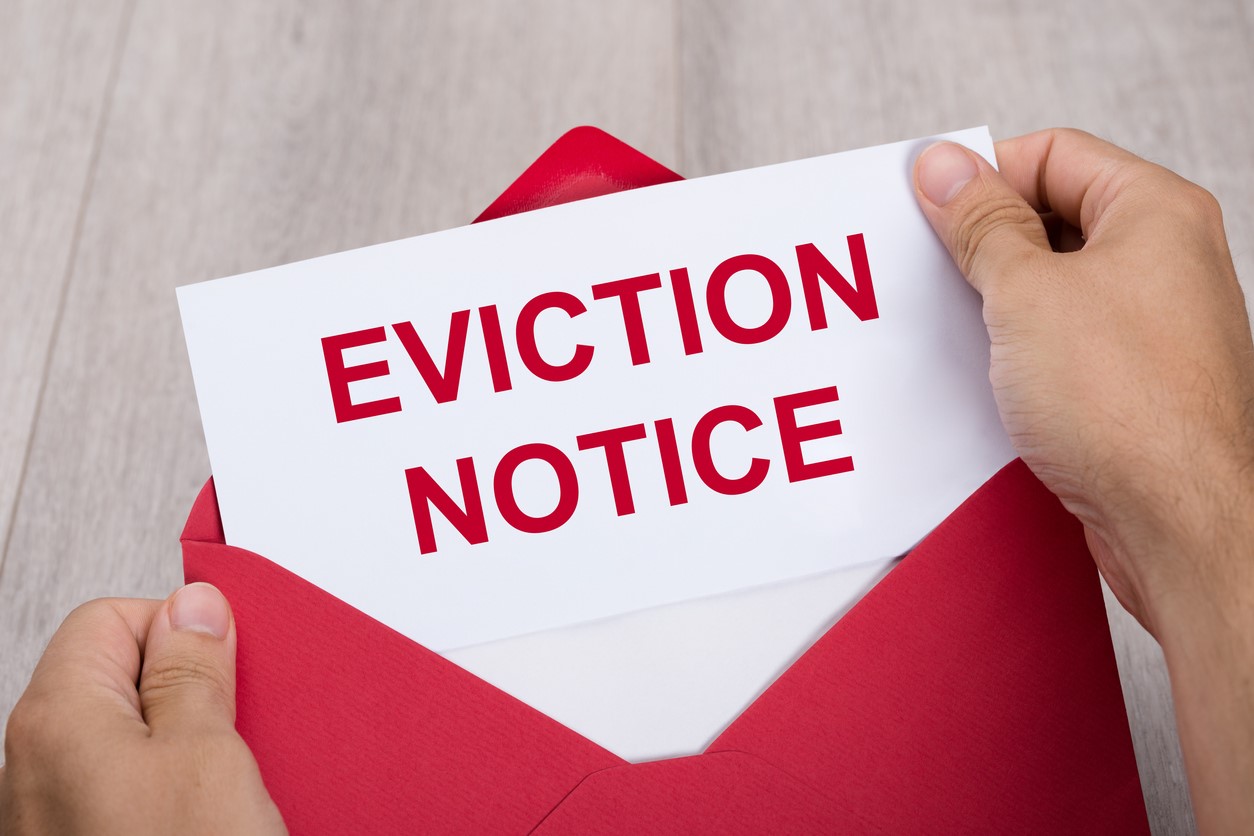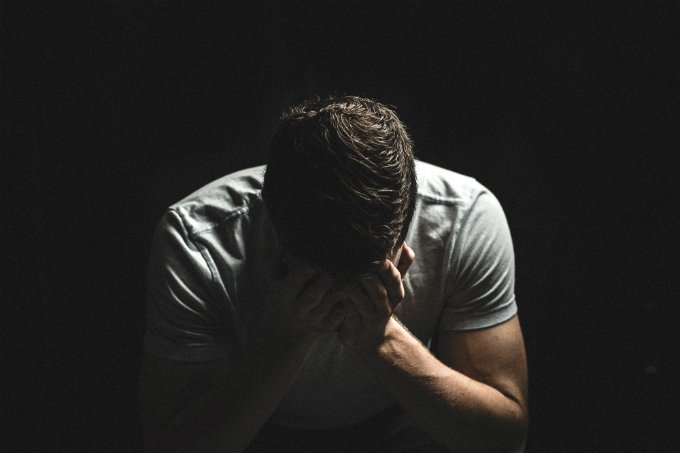Latest News and Analysis

The Cruelty of Evictions during COVID-19
By Thamsanqa Tshuma10 June 2020
Landlords and housing agents implementing illegal evictions, shutting off of utilities, threatening evictions, and harassing tenants during the lockdown in South Africa could set back efforts to fight the HIV/AIDS epidemic during the COVID-19 pandemic.
Despite the moratorium on evictions during lockdown by the Government of South Africa to combat COVID-19, some tenants still face harassment which impacts their access to good nutrition, and resultantly threatens the country's strides in reaching the UNAIDS 90-90-90 Fast-Track targets by 2020.
The UNAIDS strategy aims to ensure that 90% of people living with HIV are tested and know their status, that 90% of people living with HIV are receiving treatment, and 90% of people on treatment have a suppressed viral load.
However, the illegal evictions and the shutting of utilities make it hard for people to provide for themselves with decent meals. People living with HIV are hit the hardest since they need good nutrition for their medication.
"My doctor advised me to take my HIV medication with good nutritious food. But this is impossible when I do not have electricity to prepare the food or the money to buy take-aways. I have since abandoned my treatment because they make me nauseous and weak when I take them on an empty stomach. Now I am worried that my viral load may increase," said Precious Mthembu's
Malnutrition and HIV are a deadly combination: HIV attacks the immune system and deteriorates the nutritional status one needs to fend off infections while poor nutritional status hastens the onset of AIDS-related illnesses. Missing doses of HIV medicines can reduce their usefulness and increase the possibility of developing drug resistance, which makes certain HIV drugs lose their effectiveness.
South Africa has the highest number of people living with HIV in the world, with an estimate of 7.7 million. Nearly two million of those people live in the Gauteng province.
Other tenants who spoke to Hillbrow Radio said some landlords, building managers, agents and owners were inconsiderate.
"I cannot believe they are doing this to me. I have stayed in this building for 14 years, dutifully paying my rentals. I feel violated now that my restaurant job has been affected by the lockdown they have the nerve to call me at 6 am demanding rent money, and threatening to chase me away," said Annie Zulu.
"At the beginning of this month, I had to sleep at my neighbor's place when I got home at around 8 pm to find my room locked with a new padlock. The building manager refused to open for me. I made a report to the police but they said I should make another report. I cannot keep going back and forth to the police station when I should be selling my things to make a living. I have let it go even though my diabetes medication and my child's uniforms are still locked in there," said Vivian Sibindi.
Regulation 11CA of the Disaster Management Act states that "No person may be evicted from their place of residence, regardless of whether it is a formal or informal residence or a farm dwelling, for the duration of the lockdown."
Regulation 11G further states that any person who evicts people during the lockdown is committing an offense and is, liable to a fine or to imprisonment for a period not exceeding six months, or to both such fine and imprisonment.
A landlord or a municipality can be granted an eviction order during the lockdown, but the tenant cannot be removed until Level 2 is reached or if a court rules that the eviction may take place during Level 3.
A building manager who spoke on the condition of anonymity said that some people are now taking advantage of the pandemic and are refusing to pay even when they have the money.
"This other time I was instructed to switch off some lady's electricity so out of courtesy I told her. To my surprise, within 15 minutes she had paid R5000. Now you tell me, people do not have money? People should understand that. Our businesses are equally affected by this pandemic. So we should help each other wherever we can. You cannot be seen carrying bags full of groceries every other day and claim that you do not have money," he said.




